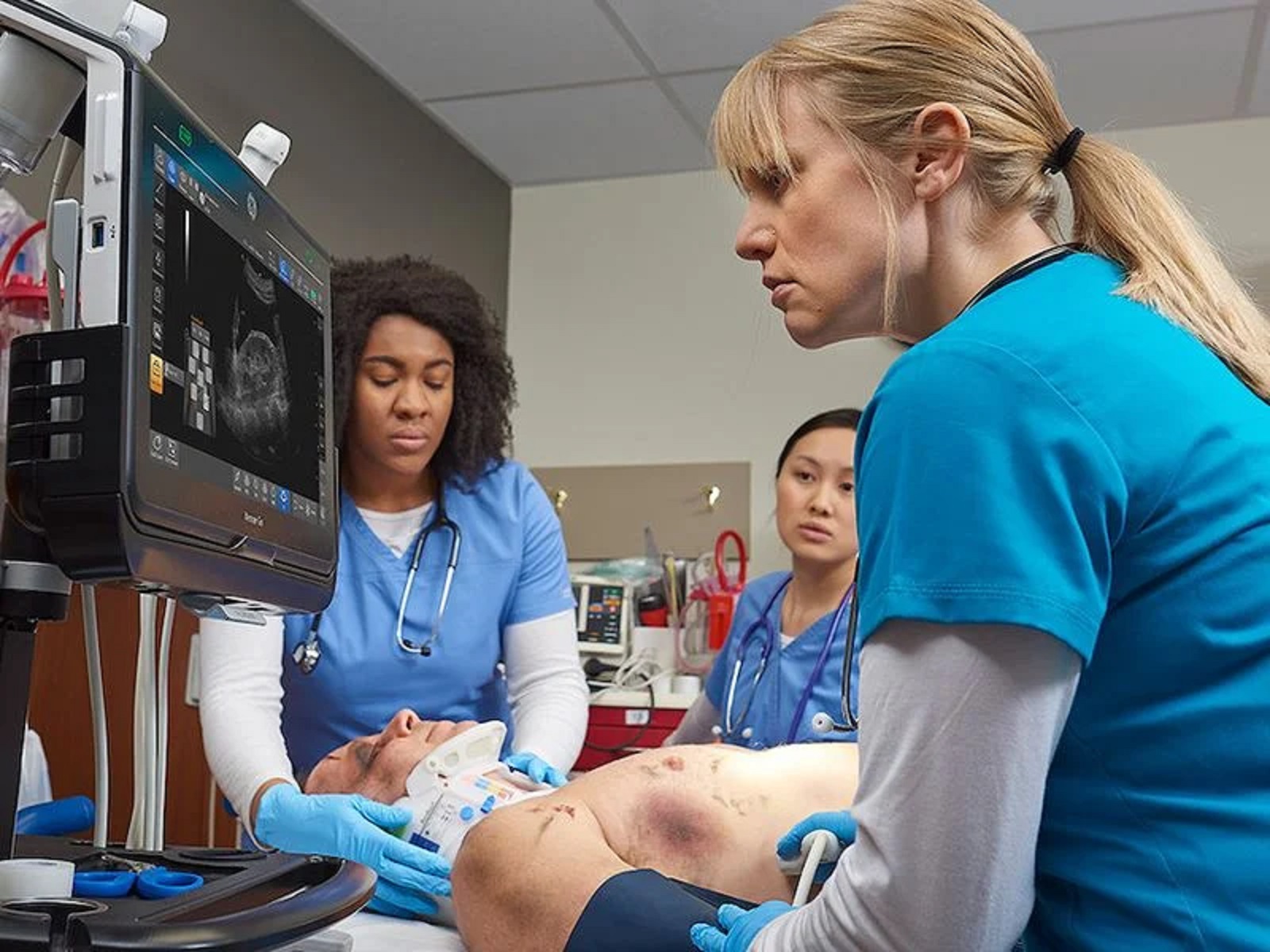
GE HealthCare has secured a $44 million contract with BARDA to develop AI-driven point-of-care ultrasound technology, aiding clinicians in diagnosing lung pathologies and traumatic injuries during mass casualty events. The collaboration with BARDA aims to enhance routine care delivery and national readiness for such incidents. GE HealthCare, following its healthcare unit’s spin-off, has undertaken various strategic initiatives, including acquisitions and FDA clearances. Notably, the company received a grant from the Gates Foundation for AI applications in low- and middle-income countries, reinforcing its commitment to global healthcare advancement.
GE HealthCare has secured a substantial $44 million contract with the Biomedical Advanced Research and Development Authority (BARDA) to pioneer cutting-edge AI-driven ultrasound technology for use in mass casualty event preparedness. This groundbreaking initiative will empower healthcare professionals to efficiently diagnose and manage lung pathologies and traumatic injuries involving the head, chest, and abdomen.
Leveraging its existing ultrasound technology, GE HealthCare will embark on the creation of an AI-enhanced advanced probe and ultrasound system. The primary objective is to assist clinicians in swiftly evaluating and diagnosing a range of critical conditions, including head trauma, blunt and penetrating trauma, various lung pathologies, and injuries such as blast lung.
BARDA, operating under the U.S. Department of Health and Human Services (HHS), is a key partner in this endeavor. Their collaboration aims to not only enhance routine healthcare delivery but also bolster the nation’s readiness for mass casualty incidents.
Dietmar Seifriedsberger, the global general manager of point-of-care and handheld ultrasound at GE HealthCare, expressed enthusiasm about this collaboration, stating, “Working with BARDA is another step toward realizing the enormous potential of ultrasound technology to help hospitals increase preparedness for mass casualty events, including a range of traumatic injuries and lung pathologies, as well as help improve treatment decision-making and enhance patient care.”
In recent developments, GE HealthCare has been actively expanding its presence in the healthcare sector. Following the spin-off of its healthcare unit in January, the company has embarked on a series of strategic initiatives. These include agreements to acquire companies like IMACTIS, specializing in computed tomography interventional guidance technology, and Caption Health, a creator of AI-powered ultrasound guidance software.
Furthermore, GE HealthCare has obtained FDA 510(k) clearance for its Precision DL deep learning image-processing software and introduced the smartphone-sized Portrait Mobile wireless monitoring solution. The company also secured a notable $44 million grant from the Bill and Melinda Gates Foundation, focusing on the development of AI applications for ultrasound scans in low- and middle-income countries, particularly for fetal and maternal health and respiratory diseases.
Additionally, GE HealthCare has collaborated with Mass General Brigham to develop an AI algorithm for scheduling predictions and established a strategic partnership with Mayo Clinic, with a shared focus on AI, precision care, and theranostics research and product development. These endeavors highlight the company’s commitment to advancing healthcare technology and accessibility on a global scale.




